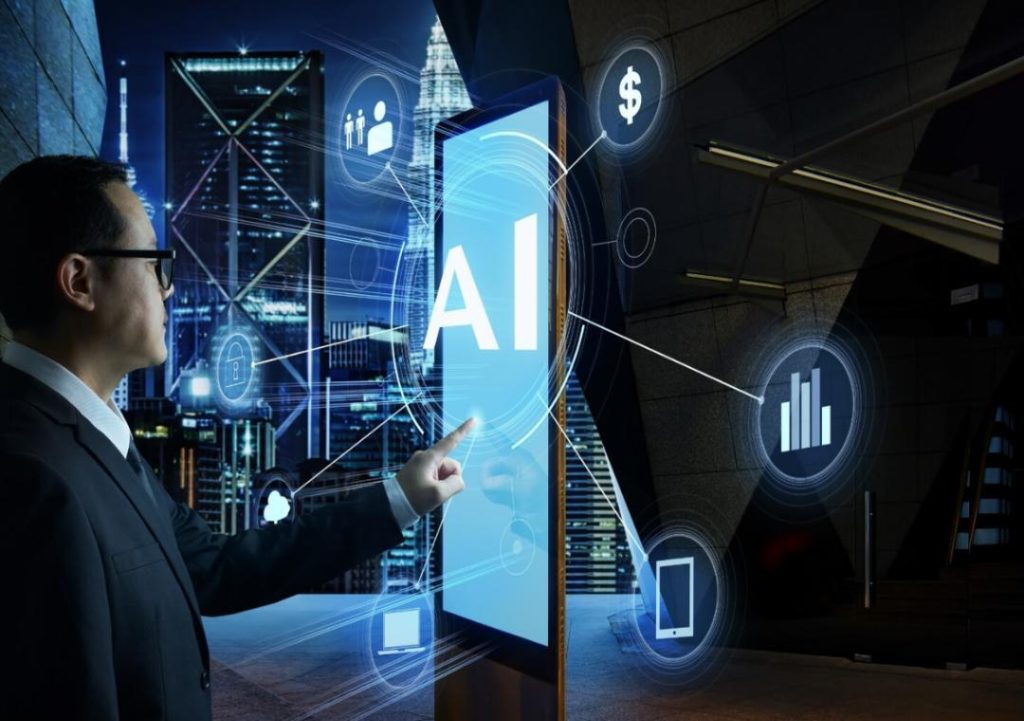
AI & ML now power over 77% of business processes
The world has come a long way since the early days of Artificial Intelligence (AI) and Machine Learning (ML). What was once considered a futuristic concept is now an operational essential for businesses of all sizes and industries. According to a recent report, over 77% of enterprises are now using AI/ML to improve productivity, reduce costs, and personalize user experiences.
The shift towards AI/ML is no longer optional; it’s fundamental to staying competitive in a digital-first world. As businesses continue to navigate the complexities of the modern marketplace, AI/ML has become a critical component of their operations. From automating customer support to real-time fraud detection, AI/ML is revolutionizing the way businesses operate and interact with their customers.
The Rise of AI/ML in Business
The adoption of AI/ML in business is not a new phenomenon. In fact, AI/ML has been gaining traction in the corporate world for several years. However, it’s only in recent times that we’ve seen a significant spike in the adoption of these technologies. According to a report by GrowthJockey, the use of AI/ML has increased by over 20% in the past two years alone.
So, what’s driving this surge in adoption? One major factor is the increasing complexity of business operations. As businesses grow and expand, they face a multitude of challenges, from managing large datasets to making sense of complex customer behaviors. AI/ML provides a solution to these challenges by enabling businesses to automate tasks, analyze data, and make predictions with greater accuracy.
The Key Benefits of AI/ML
So, what are the key benefits of AI/ML in business? Let’s take a look at some of the most significant advantages:
- Improved Productivity: AI/ML can automate repetitive and mundane tasks, freeing up human employees to focus on higher-value tasks. This leads to increased productivity and efficiency.
- Enhanced Customer Experience: AI/ML can help businesses personalize customer experiences, predict customer behavior, and anticipate customer needs. This leads to increased customer satisfaction and loyalty.
- Reduced Costs: AI/ML can help businesses reduce costs by automating tasks, reducing the need for human intervention, and improving operational efficiency.
- Real-time Insights: AI/ML can provide businesses with real-time insights and analytics, enabling them to make data-driven decisions and stay ahead of the competition.
Examples of AI/ML in Action
AI/ML is being used in a wide range of business applications, from customer support to supply chain management. Here are a few examples:
- Customer Support: AI-powered chatbots are being used to provide 24/7 customer support, answering customer queries and resolving issues in real-time.
- Fraud Detection: AI-powered fraud detection systems are being used to detect and prevent fraudulent transactions in real-time, reducing the risk of financial loss.
- Supply Chain Management: AI-powered supply chain management systems are being used to optimize inventory levels, predict demand, and streamline logistics.
- Marketing Automation: AI-powered marketing automation systems are being used to personalize customer experiences, predict customer behavior, and optimize marketing campaigns.
The Future of AI/ML in Business
As AI/ML continues to evolve, we can expect to see even more innovative applications in the business world. Some of the most exciting developments include:
- Edge AI: Edge AI is a new type of AI that’s designed to run on devices at the edge of the network, rather than in the cloud. This enables businesses to analyze data in real-time, without the need for centralized processing.
- Explainable AI: Explainable AI is a new type of AI that’s designed to provide transparency and explainability in AI decision-making. This enables businesses to understand how AI models are making decisions, and to trust the results.
- Human-AI Collaboration: Human-AI collaboration is a new approach that’s designed to combine the strengths of humans and AI. This enables businesses to leverage the creativity and intuition of humans, combined with the speed and accuracy of AI.
Conclusion
The adoption of AI/ML in business is no longer a trend; it’s a fundamental aspect of staying competitive in a digital-first world. As businesses continue to navigate the complexities of the modern marketplace, AI/ML will play an increasingly important role in driving growth, increasing efficiency, and improving customer experiences.
Whether you’re a large enterprise or a small startup, AI/ML is an essential component of your business strategy. By embracing AI/ML, you’ll be able to stay ahead of the competition, improve productivity, and drive growth.
Source:
https://www.growthjockey.com/blogs/what-is-ai-and-ml-how-is-it-important
(Note: The article is based on the information provided in the news URL and is written in the style of a blog post. The content is not meant to be a comprehensive or technical overview of AI/ML, but rather a high-level introduction to the topic.)





